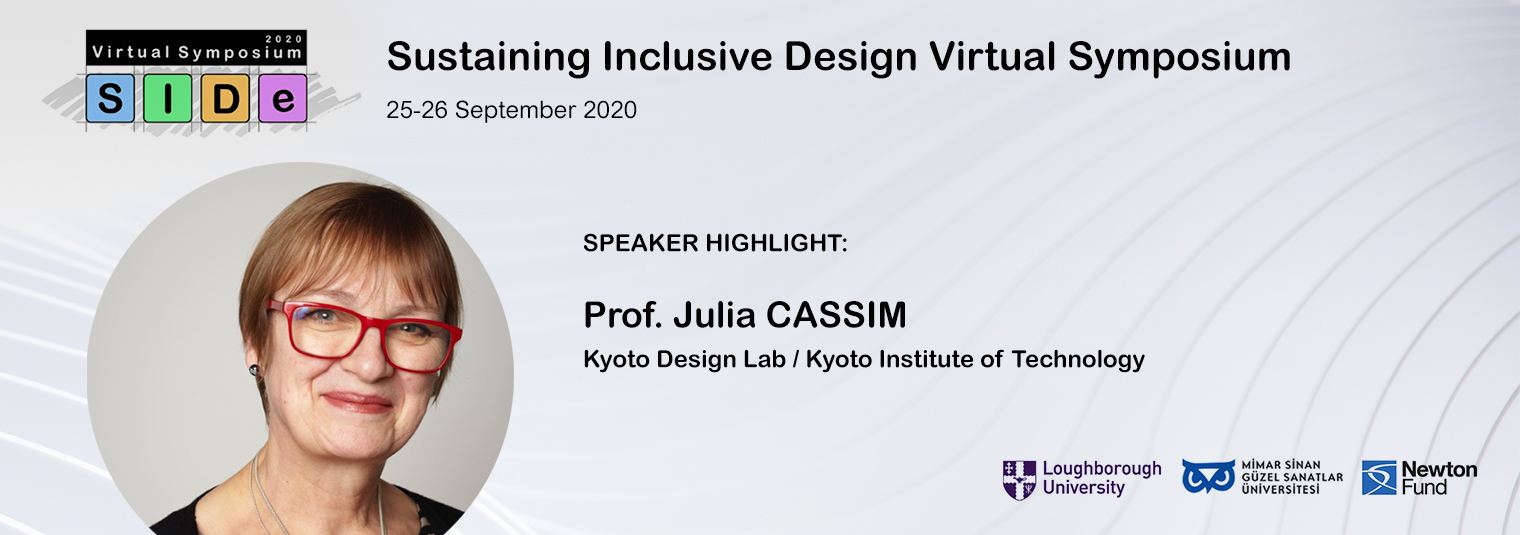
Julia Cassim, Professor, KYOTO Design Lab, Kyoto Institute of Technology
One can say that the benchmark for a civilised society lies in its attitudes towards its most vulnerable citizens, particularly those with disabilities. Provision made for their needs and aspirations will depend on a complex mix of factors determined by a nation's cultural, religious and social history but primarily by its economic situation and the accessibility of the built environment. These will determine the kind of jobs and support open to the disabled population and whether they can live as independently as they wish. This is particularly true for those with disabilities that make their integration into a mainstream work environment challenging.
In Europe, countries of the former socialist bloc, state-run sheltered workshops continue to operate but with increasing difficulty as their subsidies are cut or removed wholesale in the switch from a controlled to a market-led economy. It is against this background that a inclusive co-design-led workshop model was developed by the author in Bosnia and Herzegovina, Croatia and Macedonia with the first workshop held in Sarajevo in 2009. All five workshops to date have been financed by The British Council with considerable in-kind support from the local participating organizations. In the model, a co-design methodology is allied to an inclusive design process and mainstream design used as a strategic tool for economic and social transformation through collaborative activity. My presentation will introduce the model and its further iteration in Japan.
Prof. Julia Cassim
Professor, Kyoto Design Lab, Kyoto Institute of Technology Julia studied fine art in the UK and Japan and is an international authority on inclusive design and Fellow of the Royal College of Art. As arts columnist of The Japan Times from 1984-99, she curated and designed award-winning exhibitions for audiences with visual impairments founding a non-profit organisation to increasing cognitive and physical Access to museum collections. In 2000, she joined the Helen Hamlyn Centre for Design at the Royal College of Art and initiated the pioneering and influential Challenge Workshops programme. This brought professional designers with disabled and older people in an inclusive co-design process that produced innovative mainstream design solutions and was the subject of an exhibition at the Victoria and Albert Museum in 2010. In May 2014, she became Professor at the Kyoto Institute of Technology, charged with setting up KYOTO Design Lab, as a centre for interdisciplinary design and innovation. Two D-Lab Lab projects she directed bringing together science and design won a Dutch Design Award in 2016 while another won the Best Idea award at the 2019 Copenhagen Fashion Film Festival. Julia was included in Design Week’s Hot 50 list of people who had most influenced the design world in 2010.